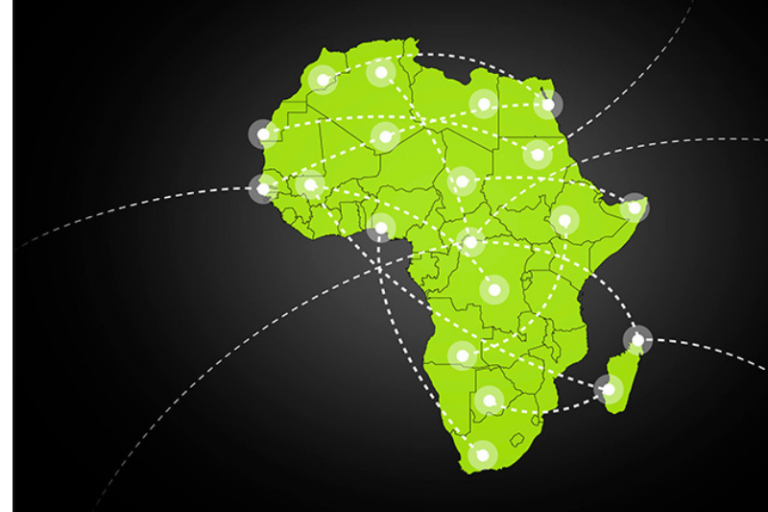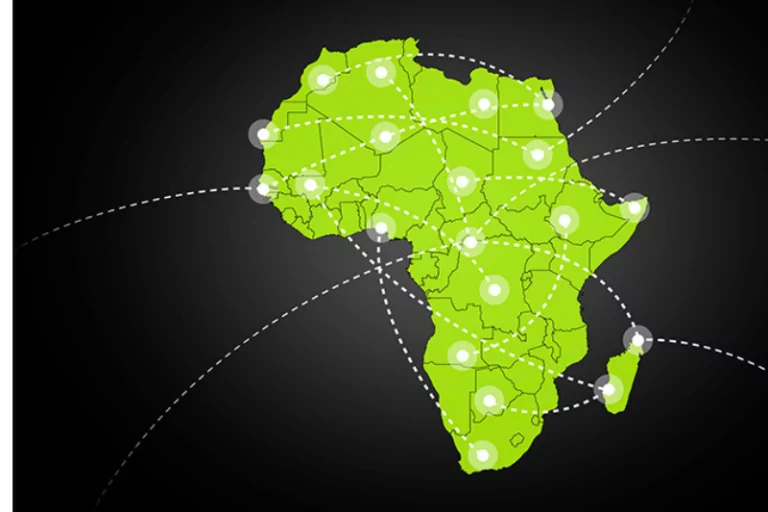

how to make cross border payments affordable in africa
Africa is very much behind other countries in the world in regards to cross-border payments. Affordable cross-border payments are the need of the hour as it expands markets and nurtures innovation for business.
Technology, in today’s digital age, is a gold opportunity for money to evolve, work efficiently and be safer. Tobias Adrian, Financial Counsellor and Director of the Monetary and Capital Markets Department, IMF, said in June that new technologies allow the public sector to renew the infrastructure supporting cross-border payments and domestic transactions as well. Faster and cheaper payments bring people and countries together through a more cohesive international monetary system. “It’s about technology, but it’s also about governance, which establishes the rules of the game.”
Adrian believes cross-border payments are more complicated than payments made within a single country. It involves the exchange of value between parties located in different jurisdictions and subject to various laws. As such, African businesses navigating the cross-border payment landscape is a costly and complex process. In 2017, Nigeria’s central bank opened a special facility to provide up to $20,000 per quarter for small and medium businesses who struggled to access the forex to finance imports, and last year, small-scale importers in Kenya were impacted by scarcity of forex that forced banks to impose $1,500 to $2,000 daily limits.
The exchange rates volatility makes it difficult for businesses to plan ahead and hedge against inflation. And this results in losses. It is important for businesses to pay attention to getting revenue from beyond their local environment in an effort to gain foreign currency to facilitate foreign transactions for their businesses.
Lucia Okafor, senior manager of payments and financial services strategy at Deloitte, said navigating cross-border payments requires a nuanced understanding of the African user base. She highlighted the need for companies to re-evaluate the sourcing strategy and pay attention to getting local sources for their supplies.
Elizabeth Rossiello, CEO and Founder of AZA Finance, emphasized the need for cross-border payment platforms that intimately understand the nuances of the African market. And Dare Fadeji, international trade expert, believes that policies targeted at addressing the regulatory fragmentation on the continent are critical in reducing fluctuating exchange rates and streamlining international trade. Doing so can facilitate innovations that will eliminate intermediaries and expedite transaction speeds for a smoother cross-border payment landscape.
Seamless cross-border payments in Africa can help facilitate trade, remittances and bring about much needed economic development. The continent needs to adopt technology, like blockchain technology, cloud computing and artificial intelligence to overcome costly, slow and complex processes.
Canadian companies have expanded their presence as major African mining stakeholders and invested more than $37 billion. Africa holds the…
The South African government wants people to plant one million trees across the nation within a single day on September…
The government's statistics regulator showed that South African inflation stayed at 3.2% during February and rose below the projected 3.3%.…
Keywords: Cape Town, African Energy Chamber, Africa, The 2025 African Energy Week (AEW) will host the top energy leaders from…
Recent research shows that Professor Abdessamad Faik believes Africa is at an important energy choice point as renewable-powered hydrogen allows…
The United States plans to shut down its Johannesburg consulate after Sandton Drive gets renamed to Leila Khaled Drive even…
This website uses cookies.